FSR Newsroom
How to Prepare for a Man-Made Natural Disaster: North Salt Lake, Utah Landslide
KNOCK, KNOCK, KNOCK, came the sound at the front door. “You have to evacuate immediately,” said a stern looking policeman as I opened the door. “The side of the hill is unstable, and we are worried about breaking gas lines,” he continued.
Suddenly, the landslide that had taken out the house at the top of my street had very real ramifications for me. My mind started spinning, and I realized now was the time to see how prepared I really was.
The Makings of a Disaster
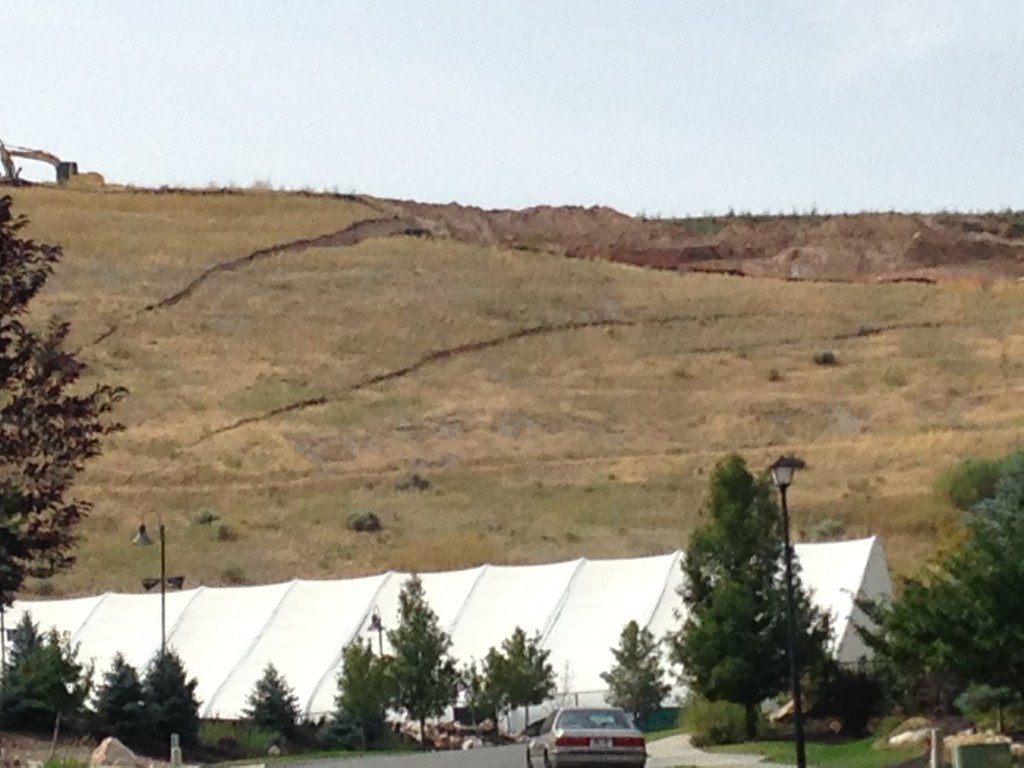
The hill before the landslide
Eaglepointe Development is located in North Salt Lake, Utah up on the benches of the Wasatch Front. The Wasatch Front is an earthquake-prone region, but nothing of significance has happened in the way of tectonic shifting for many centuries. Nevertheless, developers in the area have to go through fairly rigorous geo-technical testing and permitting before being allowed to build in the area.
I have lived in the area for nine years and have never seen a landslide. Sure, there have been neighbors affected by shifting springs and heavy rain, but the slopes have remained very stable. However, last year as the developer was beginning improvements for the final phase of the development (a ten-year project), neighbors started to notice the ground was moving. It started out in the form of fences falling over but soon became more serious. Area residents begged the city and the developer to stop hauling in dirt (the elevation was raised 10 feet to accommodate a road at the top of the hill) and halt the use of heavy machinery and dirt compactors. Unfortunately, their concerns were ignored.
The picture above shows just how serious the situation was getting right before the landslide. You can see the gigantic cracks in the earth as well as one of the developers’ backhoes continuing to build a road.
Lesson #1: You have to look out for yourself
I hate writing that title, but sadly it is true. You can’t count on the government or supposed responsible party such as a developer to keep you and your family safe. That means you have to be vigilant of your surroundings and proactive when you spot danger. Sometimes it’s not Mother Nature you have to be concerned with; but rather, man. Man-made natural disasters are increasing around the world because of over development, population growth, and war.
The people affected by the landslide in North Salt Lake were told many times over the past several months they were perfectly safe. In fact, just one day before the mountain slid, city workers distributed flyers telling residents to remove things off the basement floor in case forecasted rains flooded the neighborhood. There was no mention of the imminent danger the unstable hill posed.
The family who owns the house in the picture below barely made it out of their house alive. They escaped with only the clothes they wore to bed.
Lesson #2 Be Prepared Before an Emergency Strikes
The landslide occurred at around 6 am. By the time emergency responders got control of the situation it was about 7 am. Soon after, every family on the street was told to evacuate. Nobody told us how long we would be gone or if the landslide was still a threat to remaining homes. Even though this disaster was very minor compared to some tornadoes, hurricanes, and fires we have seen around the world, it still made me quite nervous.
Lucky for me, my wife and kids were spending the night at some relatives, and I didn’t have the added pressure of evacuating with small children. I tried to calmly go through the list of items I felt were most valuable and essential without knowing how long I would be gone or even if my home would survive. Even though I consider myself a well prepared person, I was struck by how foggy my thinking was. I had a hard time concentrating on the task at hand.
Make sure you have a list of what things you would take with you in case of evacuation. And, make sure you write down the location of those items. When time is working against you, the last thing you need is to be searching your home for “misplaced” valuables.
Lesson #3 Get a 72-Hour Kit, Bug Out Bag, or Other Easy-to-carry Pack
Make a list of items that are absolutely essential to take in the event you have to leave your house quickly. Although items should be customized according to individual need, here is a good resource for compiling a list: 72-Hour Kit Checklist.
I own a Food Insurance 2 Week Bug-Out-Bag. It’s durable and large enough to fit two weeks of food, water filter, and a lot of the items on my personal emergency preparedness list. You can read our review of the product here.
Lesson #4 Take Pictures of Your Home and Have Digital Files
Thanks to modern technology, you can take pictures and videos of your home, as well as all of the valuables in your home, and keep them hosted with a cloud-based storage provider. This is invaluable in case you lose your house and have to prove the contents and value to an insurance provider. There are many hosting sites you can choose from ranging from Google Drive to Drop Box to Shutterfly or Snapfish. If you are concerned about privacy, you can save your files to an external hard drive and keep the drive in a separate, secure location.
Lesson #5 Realize it Can Happen to You
As with most things in life, it’s hard to take a disaster seriously if you have never experienced it first hand. Most disaster survivors say the same thing, “I never thought it would happen to me.”
Don’t be lulled into a false sense of security. Make a commitment now to get prepared.
Here are some resources that can help:
The Rest of the Story
Luckily, nobody died in the landslide. One home was destroyed. A tennis and swim club sustained major damage. Many residents had to be evacuated and lost utilities for a few days. And unfortunately, a couple of families still can’t return to their homes because they are too close to the slide.
Thanks to the character of the community, residents helped each other out and quickly restored life to normal for most of the victims. There was no looting, no suffering, no starving, or any other tragedy that sometimes accompanies these situation. However, this was a minor catastrophe compared with many that happen on an almost daily basis around the world.
The point is you never you know when something is going to happen to you. And you need to get prepared now.


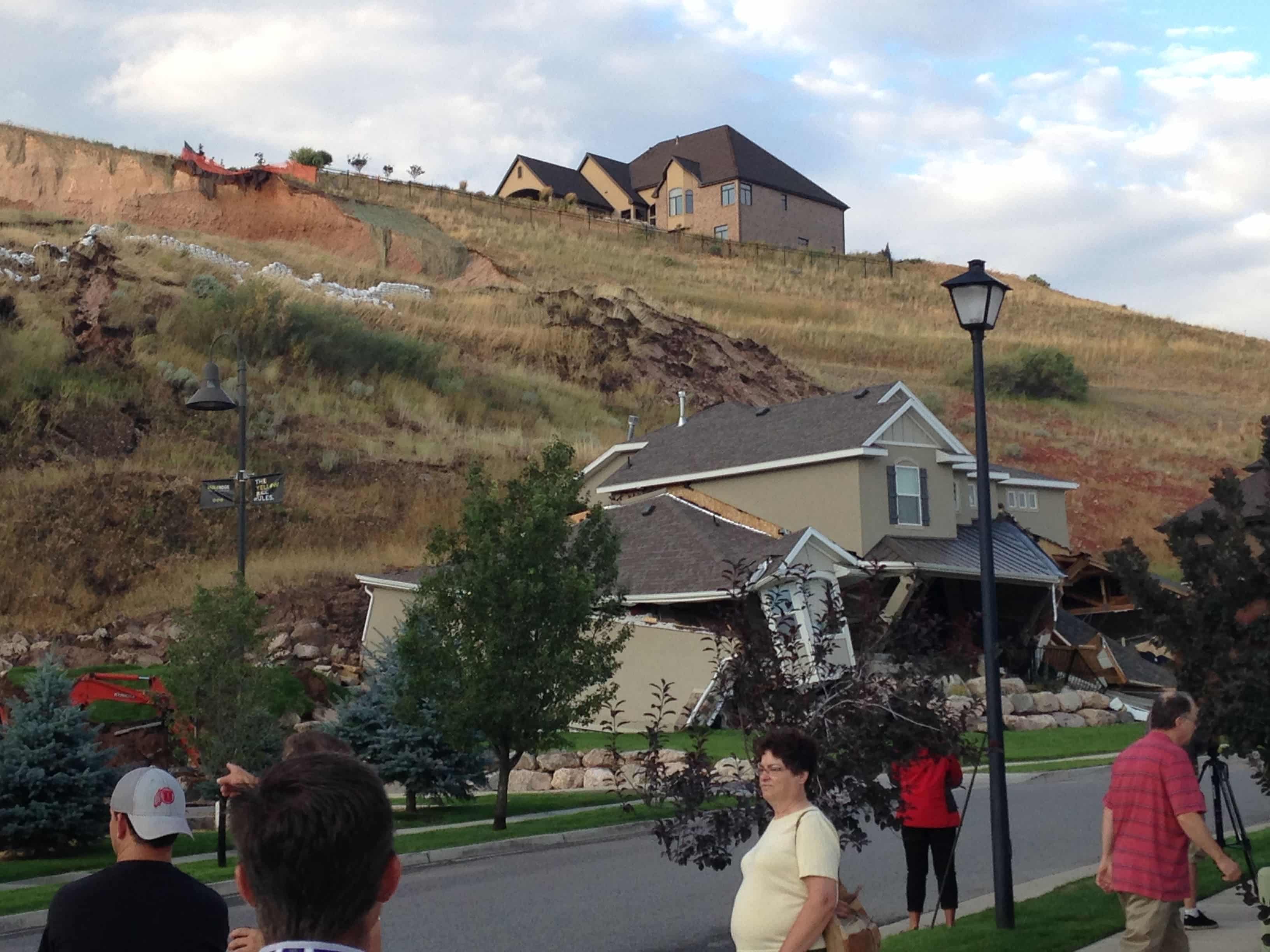
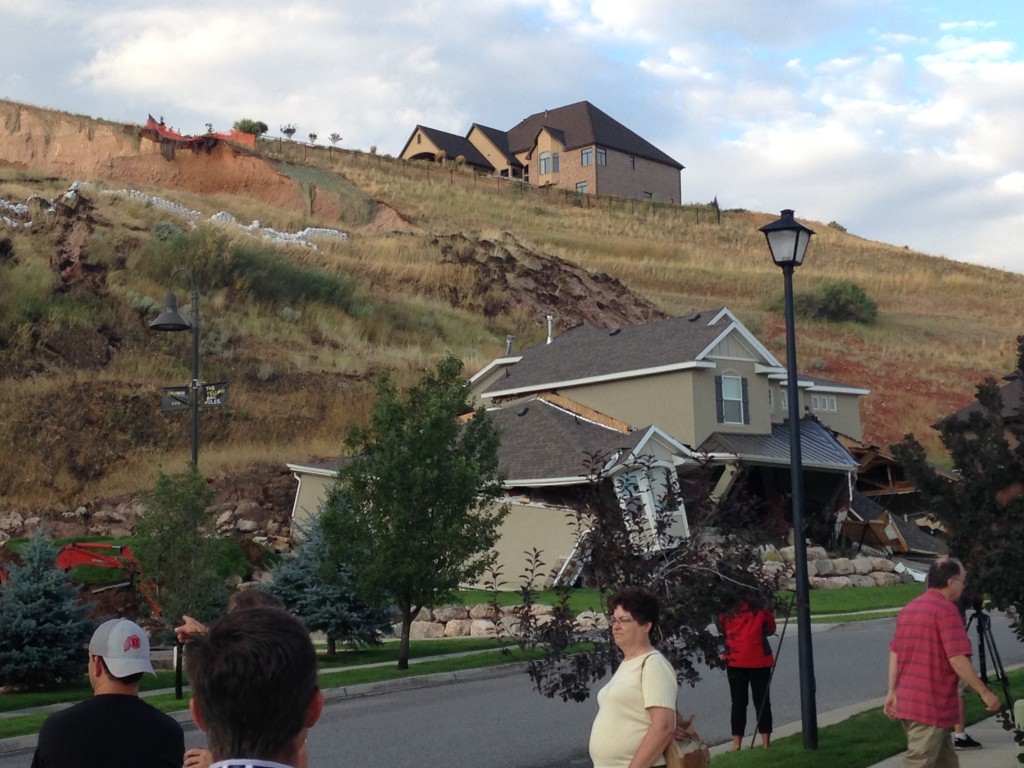
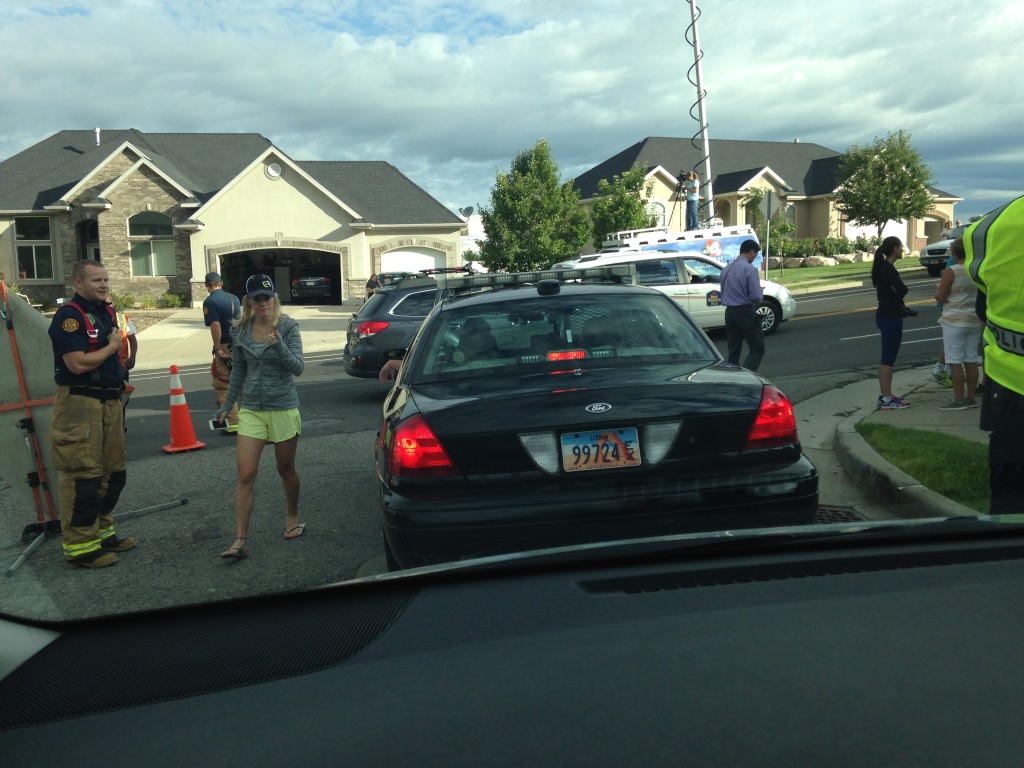
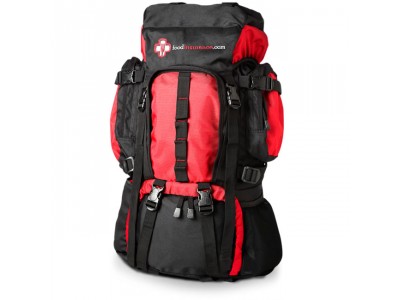
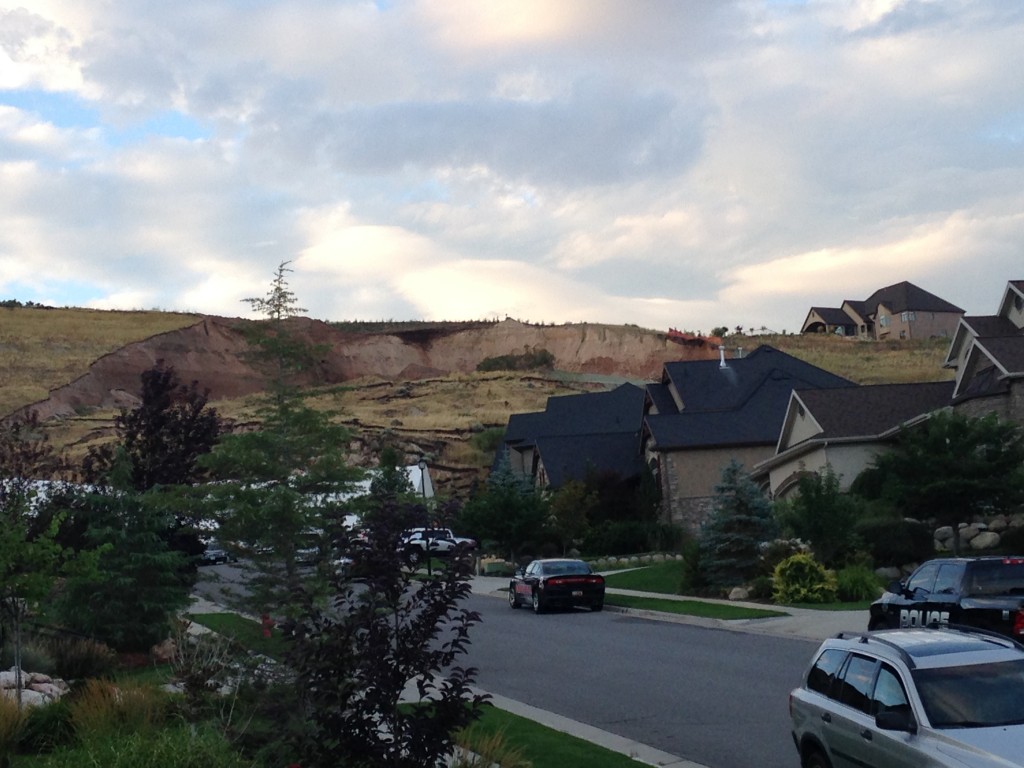



Comments
There are no comments yet, would you like to submit yours?